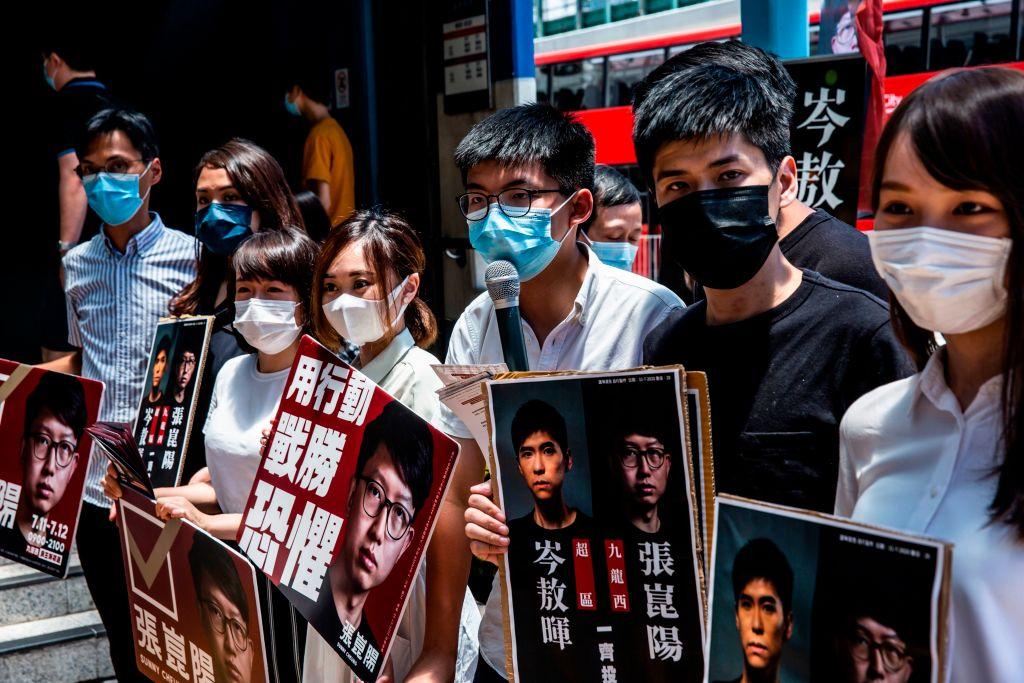This article has been updated.
Hong Kong police arrested 53 pro-democracy activists, former lawmakers, and politicians on Jan. 6, in local authorities’ largest clampdown on the city’s opposition camp since a draconian security law went into effect.

Hong Kong police arrested 53 pro-democracy activists, former lawmakers, and politicians on Jan. 6, in local authorities’ largest clampdown on the city’s opposition camp since a draconian security law went into effect.